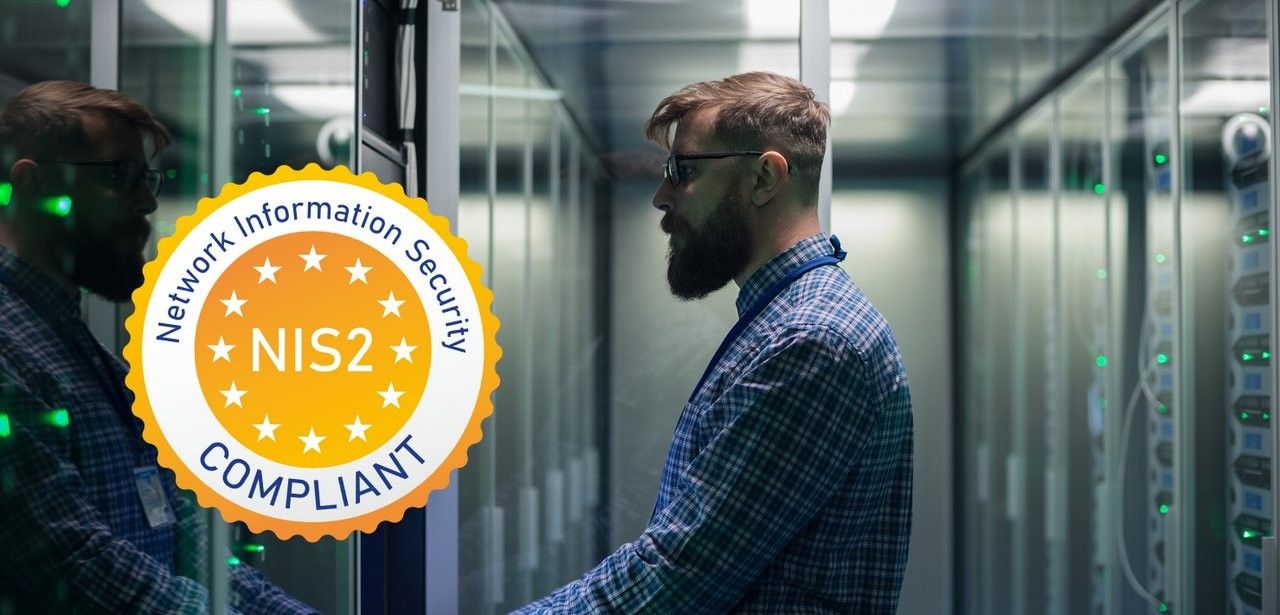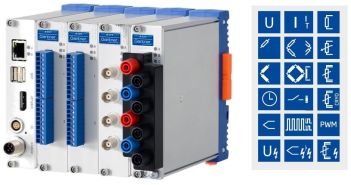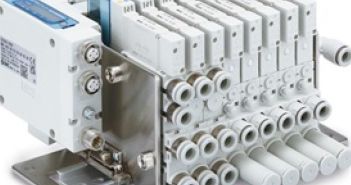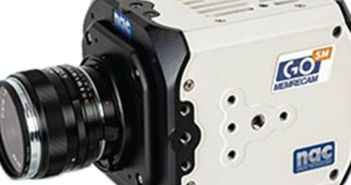The new regulations DORA and NIS2 aim to enhance cybersecurity for critical infrastructures. NIS2 harmonizes the security requirements for these infrastructures, while DORA emphasizes operational resilience in the financial sector. Both regulations specifically target supply chains and impose obligations on software providers. By implementing these regulations, the security of critical infrastructures is increased, ensuring effective protection against cyber attacks. Companies should familiarize themselves with these regulations early on to avoid compliance issues.
Simplified digital identification: The benefits and concerns of EU-Wallets
With the introduction of digital wallets, a simplified digital identification is made possible, allowing every EU citizen to have access to a digital wallet by 2026. This brings numerous advantages, such as easier use of digital services and more efficient communication with authorities and businesses. However, concerns regarding privacy and security arise. Nevertheless, the adoption of EU wallets represents a significant step towards a connected and digitized society.
Streamlining HR Processes: The Benefits of Digitalizing Employment Contracts
The complete digitization of employment contracts enables more efficient HR processes and greater flexibility for both employers and employees. By using electronic documents with a qualified electronic signature, employment contracts can be legally binding and secure. This not only simplifies the management of employment contracts but also allows for a faster and more flexible response to changes in the work environment. The qualified electronic signature is becoming increasingly standard and replaces the manual signature on paper.
Mit Quantencomputern steigt das Risiko von Cyberangriffen
With the advancement of quantum computing, the risk of cyber attacks is increasing as traditional encryption methods can be cracked due to the superior computational power of quantum computers. To counter this threat, IT security providers and trusted services need to design their hardware and software in a way that allows for the integration of quantum-safe encryption algorithms in the future. The use of quantum-safe algorithms ensures long-term data security and protects businesses and organizations from cyber attacks.
The implementation of regulations such as DORA and NIS2 in 2024 will lead to an increase in cybersecurity measures and protection of critical infrastructures. These regulations aim to enhance the overall security and efficiency of digital spaces. Additionally, the introduction of digital wallets will simplify digital identification processes and contribute to the development of a more interconnected society.
The complete digitization of employment contracts enhances HR processes and provides greater flexibility. By utilizing electronic documents with a qualified electronic signature, contracts can be securely and legally concluded, simplifying contract management and enabling quicker and more adaptable responses to changes in the work environment. This trend addresses the challenges of cybersecurity by ensuring data protection in the era of quantum computers, ultimately offering secure and trustworthy internet usage.














